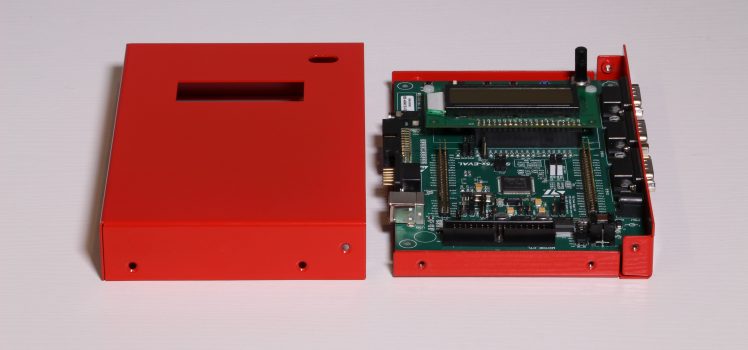You may have just contrived a device that will meet the needs of your targeted customer. You may well be quite clear about the design and purpose of the device. But, have you worked out the enclosure? You cannot go without protecting the components of the device. No matter, it is an electronic system or has electrical components, you need housing for it. In addition to protecting devices, housings enable devices to fit into custom design spaces. A plastic enclosure is typically used to house electronic and electrical components such as batteries, circuit boards, etc.
Custom Electronic Enclosures
Enclosures are necessary for manufacturing batteries and other electronic devices. They also increase the lifespan of electronic devices. Moreover, shield them from weather elements and dust particles. They furthermore protect fragile elements from collisions and drops. A customized enclosure for a custom circuit board is necessary for manufacturing any custom electrical device. The customized enclosure houses the electronics safely and securely. In simple words, the casings help to protect electrical components from any risks to the circuit board. These risks could range from weather, fluid leaks, unexpected impact, shocks, vibration, etc.
Conventional Enclosures For Electricals
Plastic is the most generic type of enclosure for electrical devices, electronic circuit boards, and batteries. This is due to certain properties of plastic, for example, non-conductivity of heat and electricity, durability, toughness, etc. Nevertheless, the ideal enclosure for your device has to be customized to the contents and the use of the device. Therefore, crafting an ideal custom enclosure for electronics hinge on two elements. One, trained engineers for the perfect design, and two, selecting the perfect material. It should include all the features designed and placed appropriately.
Plastic Materials for Enclosures
There are many plastic materials available for making enclosures for a custom circuit board. Choosing an appropriate material is half the battle won. You may choose from ABS plastic, Acrylic, glass fiber, etc. Let us discuss the properties of each option.
ABS-This plastic provides a nice balance of impact resistance, heat resistance, chemical resistance, and abrasion resistance. It additionally provides dimensional stability, high tensile strength, hardness, and rigidity. Similarly, it can PRESERVE its hardness, rigidity, and toughness even at low temperatures. There are also available heat-resistant and fire-retardant grades of ABS.
Acrylic-This is sturdy and wear-resistant. It is also extremely resistant to sunlight, all biological agents, and many chemical agents for instance alkali, diluted acids, organic solvents, etc.
The Bottomline
Plastic enclosures are all over the place. Notwithstanding you are using household electrical appliances, electronic devices, toys, mobile phones, batteries, or any other item. All these items come in a custom plastic enclosure. These enclosures are designed to keep the delicate components inside safe. This means, even though the item gets dropped on the ground, or is trampled upon or run over. The hardware on the side is able to bear the shock. For electrical appliances, plastic enclosures additionally serve as insulators. That is why the junction box, the extension cord, switches, dimmers, adapters, tools and testers, door chimes, bells,&electric motors. All these are encased in custom plastic enclosures. For more info visit this website.

